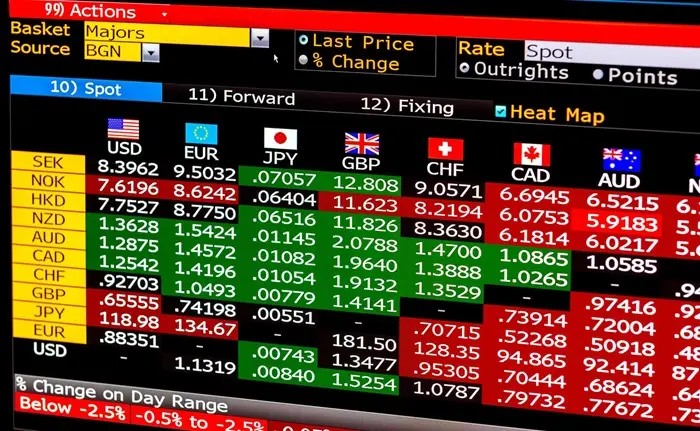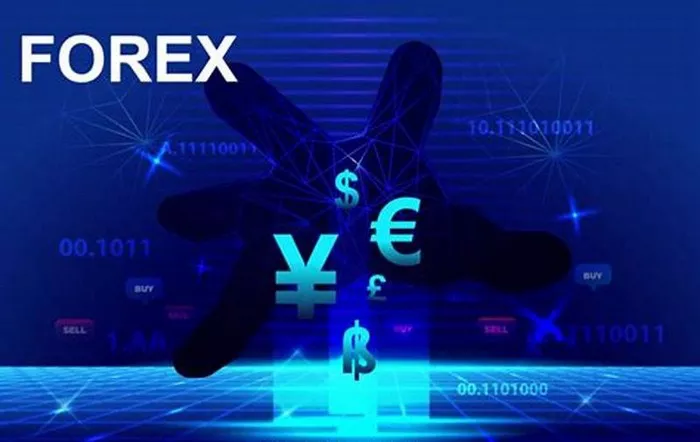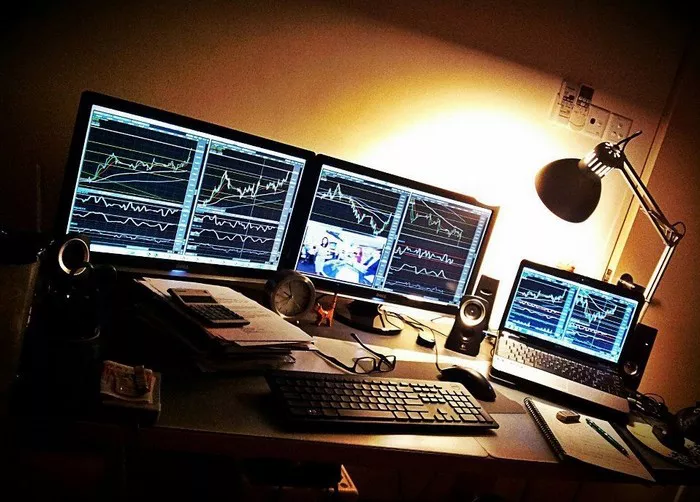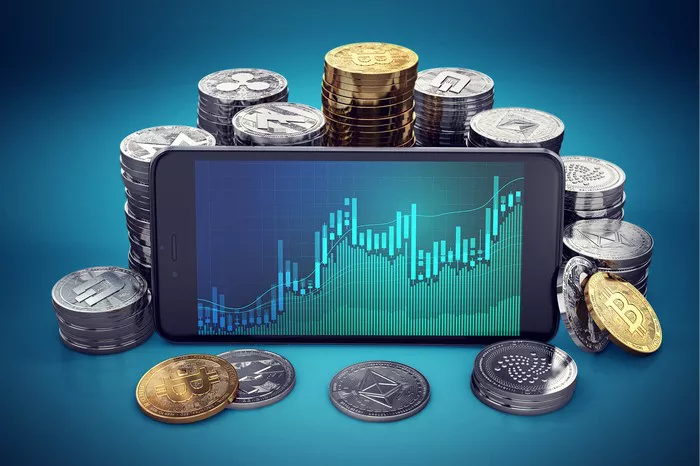The United States Dollar (USD) is one of the most widely used currencies in the world. Its value fluctuates based on various factors, including economic conditions, interest rates, and geopolitical stability. Understanding where the USD is worth the most can help individuals and businesses make informed financial decisions. This article explores the factors influencing USD value, the countries where USD has the highest purchasing power, and strategies for maximizing its value.
Understanding Currency Value
What Determines Currency Value?
Currency value is determined by several factors, including:
Supply and Demand: The value of a currency increases when demand exceeds supply and decreases when supply exceeds demand.
Economic Indicators: Key economic indicators, such as Gross Domestic Product (GDP), unemployment rates, and inflation, impact currency value.
Interest Rates: Higher interest rates attract foreign investment, increasing demand for the currency and its value.
Political Stability: Countries with stable governments tend to have stronger currencies because they are seen as safer investments.
Market Sentiment: Traders’ perceptions and expectations about future economic conditions can affect currency value.
How Is Currency Value Measured?
Currency value is often measured against other currencies using exchange rates. An exchange rate represents how much of one currency is needed to purchase another. For example, if 1 USD equals 0.85 Euros, the exchange rate for USD to Euro is 0.85.
The Global Dollar Exchange
USD as a Global Currency
The USD is the world’s primary reserve currency, held by governments and institutions as part of their foreign exchange reserves. This status gives the USD unique advantages, including:
Widespread Acceptance: The USD is accepted in many countries, making it easier for travelers and businesses to transact.
Stable Value: As a reserve currency, the USD tends to maintain its value during economic uncertainties, making it a preferred currency for trading.
Liquidity: The USD is highly liquid, meaning it can be easily bought and sold in the foreign exchange market.
Countries Where USD is Commonly Used
In addition to the United States, the USD is widely used in several other countries and territories, including:
- Ecuador
- El Salvador
- Panama
- East Timor
- British Virgin Islands
These countries use the USD as their official currency or alongside their local currencies.
See Also: What Countries is USD Worth the Most?
Where Is USD Worth the Most?
Purchasing Power Parity (PPP)
To determine where the USD is worth the most, one must consider purchasing power parity (PPP). PPP is an economic theory that compares different countries’ currencies based on the cost of a basket of goods and services. This comparison reveals how much you can buy with a dollar in different countries.
Top Countries for USD Value Based on PPP
India
Cost of Living: India offers a low cost of living, allowing the USD to purchase significantly more goods and services.
Purchasing Power: The USD has a high purchasing power in urban areas like Mumbai and Delhi.
Mexico
Cost of Living: The cost of living in Mexico is relatively low, making the USD worth more in terms of purchasing power.
Affordable Services: Many services, such as dining and entertainment, are affordable for USD holders.
Vietnam
Cost of Living: Vietnam is known for its affordable lifestyle, where the USD can buy a substantial amount of local goods.
Travel and Tourism: The USD is widely accepted in tourist areas, enhancing its value for travelers.
Colombia
Cost of Living: The low cost of living in Colombia allows the USD to stretch further when purchasing local goods.
Market Opportunities: Local markets offer affordable products and services for USD holders.
Thailand
Cost of Living: Thailand’s low prices for food, accommodation, and entertainment increase the purchasing power of the USD.
Tourist-Friendly Environment: The USD is accepted in many tourist areas, providing additional value.
Countries with High USD Demand
The demand for USD can influence its value in certain regions. Countries with high USD demand include:
Countries with High Inflation: In countries experiencing hyperinflation, such as Venezuela, the USD is often sought after as a stable alternative. Its value can be significantly higher in these economies.
Emerging Markets: Many emerging markets use the USD as a benchmark for transactions, leading to a higher effective value for the USD in those regions.
Strategies for Maximizing USD Value
Currency Exchange Tips
Research Exchange Rates: Before exchanging USD for another currency, research current exchange rates to get the best deal.
Use Local ATMs: Withdrawing cash from local ATMs can often provide better exchange rates than currency exchange offices.
Avoid Airport Exchanges: Currency exchanges at airports typically have higher fees and less favorable rates.
Investing in Foreign Markets
Real Estate Investments: In countries where the USD has high purchasing power, consider investing in real estate to capitalize on low prices.
Local Businesses: Invest in local businesses that accept USD or cater to tourists, as they can benefit from increased demand for USD.
Traveling with USD
Know Local Prices: Research the cost of living in your destination to understand how far your USD will go.
Bring Small Bills: Smaller denominations of USD are often preferred for transactions in countries where USD is accepted.
Conclusion
Understanding where the USD is worth the most involves considering various factors, including purchasing power parity, local economic conditions, and global demand for the currency. Countries like India, Mexico, Vietnam, Colombia, and Thailand offer favorable conditions for USD holders, allowing them to maximize their purchasing power.
By employing smart currency exchange strategies and investing wisely in foreign markets, individuals and businesses can make the most of their USD. As global economic conditions continue to change, staying informed about where the USD holds its value will empower traders, travelers, and investors alike.
With the ongoing evolution of the global economy, being aware of these dynamics will not only enhance your financial decisions but also provide a clearer understanding of the value of your currency in different contexts.
Related topics:































